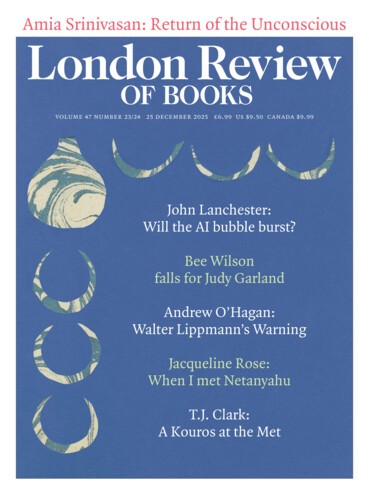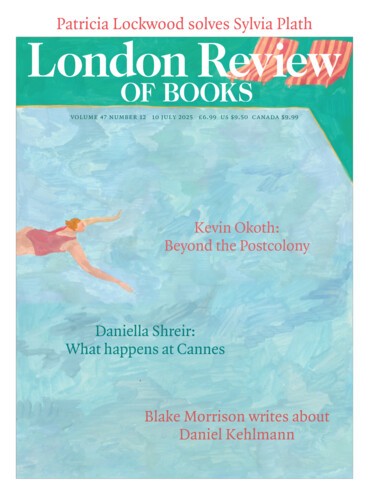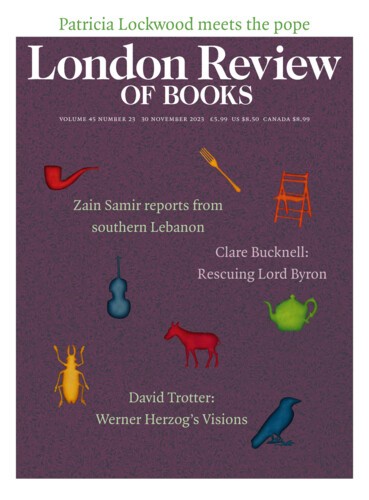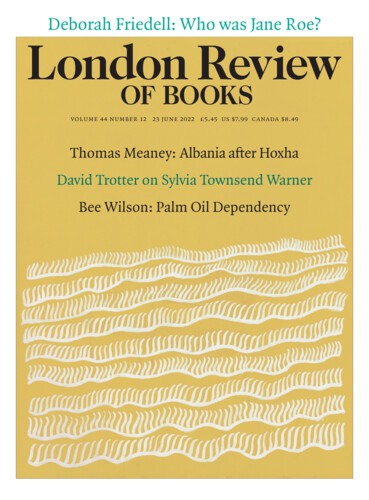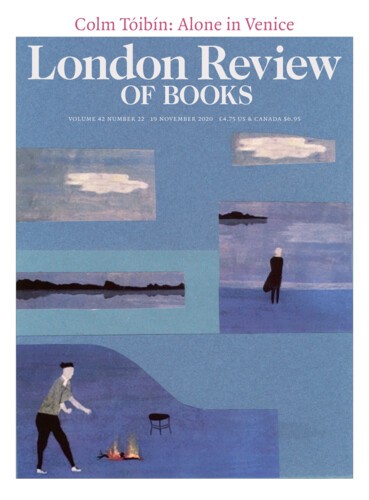When the Messiah Comes: When I met Netanyahu
Jacqueline Rose, 25 December 2025
The language and conduct of Israel’s unceasing war against Gaza suggests that there is something more than the rational interests of a nation-state at play. The sheer extent of the carnage hints at a pleasure in destruction, not to speak of a drive towards absolute victory which is bound to be self-defeating. However shattered the force of Hamas, however long it takes the...
